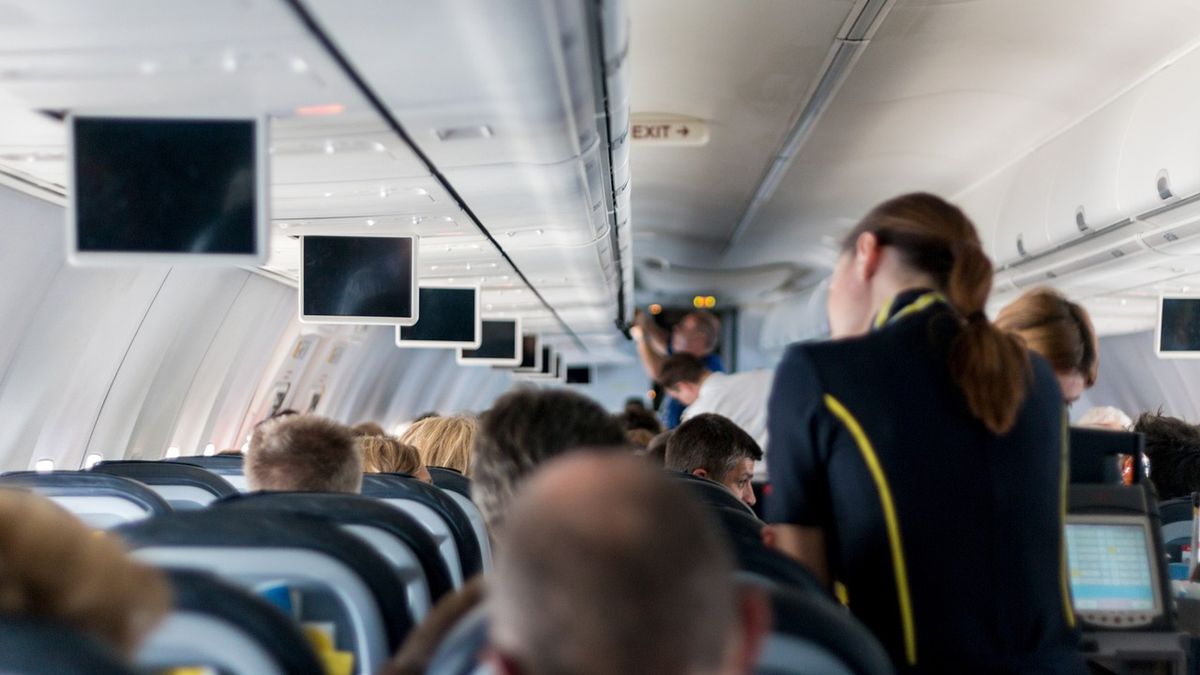In times of high inflation, citizens have to dig deeper and deeper into their pockets to financially support their everyday lives. Mobile phone tariffs have not been affected by the price hike so far. That should change soon.
The telecommunications group Telefónica Deutschland wants to turn the screw on prices. The basic prices for mobile phone brands such as O2 and Blau are expected to rise by up to ten percent in the spring, company boss Markus Haas told the “Handelsblatt”. “More performance at the same price is – unlike in the past – no longer possible.” As justification, the manager referred to the investment costs for the expansion of the network. A company spokesman said it was “not just about a price increase, but about more performance in the tariffs at a fair surcharge”. Customers continue to have “a very good price-performance ratio” with the brands of O2 Telefónica.
The price increases at O2 are not about existing customers, but about new contracts and prepaid tariffs. As an example of a concrete price increase, the O2 spokesman mentions that customers with prepaid tariffs will get up to 60 percent more data volume and 30 percent more speed for one euro more per month. According to industry experts, such an increase in the performance of the Telefónica tariff is not financially significant because the network capacities have increased significantly as a result of the massive expansion and expansion to the 5G radio standard. In addition, many customers do not make full use of the increased data volume anyway.
Will the competition follow suit soon?
Is it now also more expensive with the competition? A Telekom spokesman said that “despite a forward-looking purchasing policy, the higher civil engineering costs and increased energy prices made themselves felt” at the group. “We are keeping all options open when setting our future tariffs.”
A spokesman for Vodafone said that future developments in pricing are usually not commented on. However, he pointed out that “the prices for telecommunications services have become steadily cheaper in recent years”.
From the point of view of telecommunications professor Torsten Gerpott from the University of Duisburg-Essen, the announcement by O2 is the start of a general price increase on the mobile phone market. “It is an oligopolistic market with weak competition: few providers look at each other and influence each other.”
Hardly any price increases in the recent past
With O2, a company is now setting a trend that other network operators will probably follow. From an economic point of view, the decision is understandable, after all, electricity and construction work have become significantly more expensive. “The telecommunications companies would be ill-advised if they stuck to previous prices despite such extra costs.”
In recent years, there have only been a few price increases in mobile communications, “which were mostly compensated for to some extent by improved inclusive services,” said Verena Bloche from the comparison portal Verivox. That’s probably over now.
In contrast to the three established network operators, the telecommunications provider 1&1 has a clear no to more expensive tariffs. “We are not planning any price increases for mobile phone tariffs,” said a company spokeswoman. 1&1 does not currently have its own network that is used by mobile phone users on the go, but is currently building one and wants to activate it in the fall. So far, 1&1 has mainly used the O2 cell phone network and paid rent for it.
Disappointed consumer advocates
Consumer advocates react disappointed to the O2 announcement. “It’s annoying for consumers that mobile phone tariffs will soon also become more expensive in times of generally rising prices,” says Felix Flosbach from the NRW consumer advice center. He appeals to consumers to compare different tariffs from different providers before signing a contract. “It’s worth it.” Consumers should not be afraid to switch providers. “Taking your phone number with you is easy and free of charge and the connection may only be lost for a maximum of one day as a result of this change.”
Manuel Siekmann from the comparison portal Check24 says that in addition to the network operators, “many other mobile phone providers offer attractive prices” for new customers. Depending on usage behavior, consumers could save up to 50 percent.
Germany’s mobile phone providers have been massively expanding their mobile phone network for several years and are investing billions in it. Data demands have long been increasing as consumers stream more on the go and use other data-intensive applications. Coverage has improved, but dead spots or poor connections remain a nuisance in some places.
Source: Stern
Jane Stock is a technology author, who has written for 24 Hours World. She writes about the latest in technology news and trends, and is always on the lookout for new and innovative ways to improve his audience’s experience.




